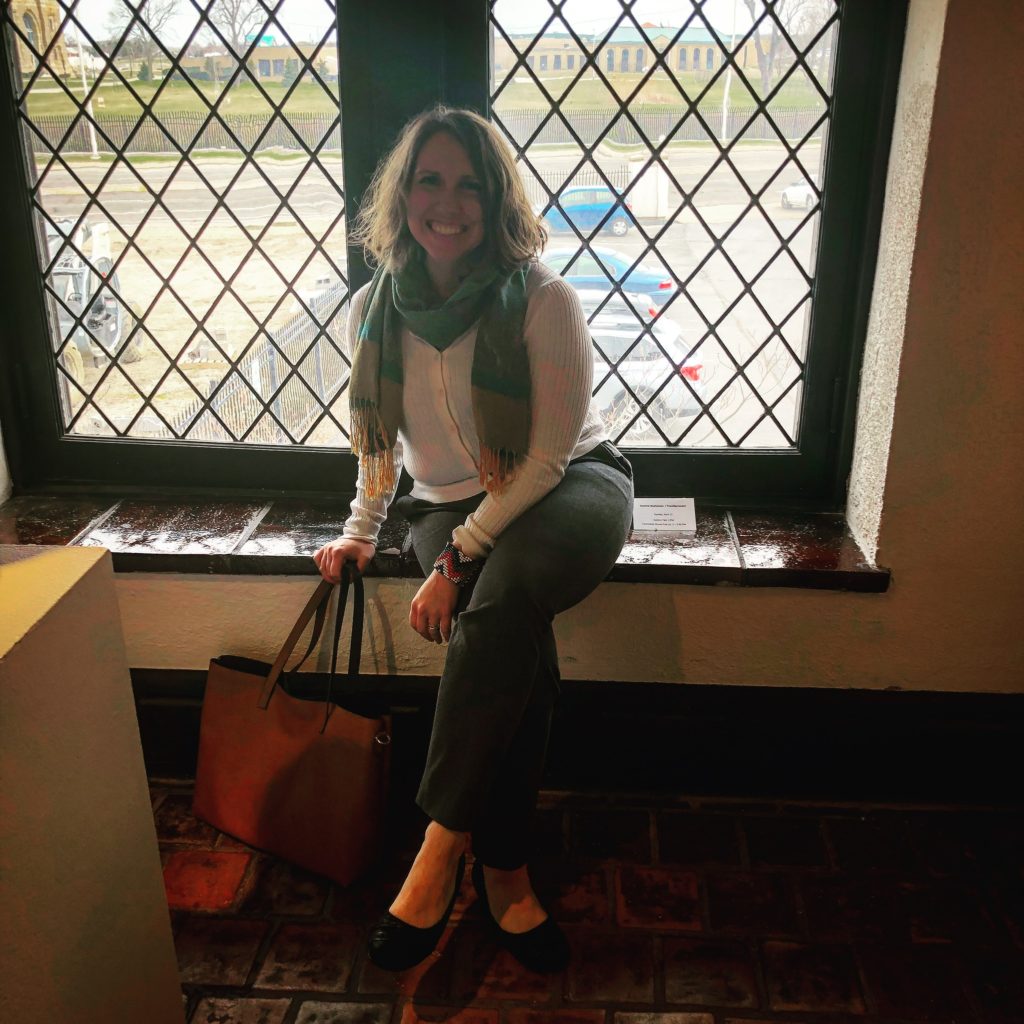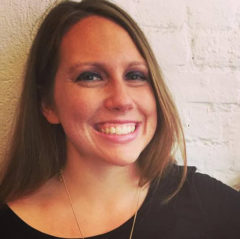“One looks back with appreciation to the brilliant teachers, but with gratitude to those who touched our human feelings. The curriculum is so much necessary raw material, but warmth is the vital element for the growing plant and for the soul.” ~ Carl Jung
To prepare my English 3060, Tech Comm 2: Oral Reports class for their group projects in which they would soon venture out into the local community to interview heads of non-profit organizations such as Gleaner’s Food Bank in Mount Clemens or a church’s outreach program to supply food for and spend time with homeless individuals in Detroit, I created a lesson plan based on my background as a reporter that would help them to feel more comfortable and excited about conducting an in-person interview and to introduce them to the art of asking questions that lead to valuable conversation and ultimately valuable quotes and information from primary sources. We discussed how reporters plan questions in advance of interviews, prioritizing and setting them in an effective order, practiced how to ask effective open-ended and follow-up questions, and the ever-valuable pause in the conversation that can inspire interview sources to talk. We watched three video clips and compared and contrasted each reporter’s style of interviewing: Terry Gross of NPR’s Fresh Air, David Carr of the New York Times interviewing Vice, and David Frost interviewing Richard Nixon. While watching the clips, students practiced recording notes like they would if they were conducting an interview themselves—this meant we were preparing for their primary source information-gathering on multiple levels. We laughed about Carr’s banging on the keyboard during his Vice interview, illustrating the choice they’d make between writing and typing during their interviews.
In creating a positive and engaging environment of collaborative, student-centered learning which capitalizes on the latest digital technologies, I also understand that “good teaching cannot be reduced to technique. Good teaching comes from the identity and integrity of the teacher,” as Parker Palmer puts it in The Courage to Teach. My innovative techniques derive from a conviction to support students as they harness the power of writing for their personal and professional lives, as it has done for my life and my fifteen-year career in technical writing/program management, four years as a freelance journalist, graphic/web designer and lifelong lover of literature and creative writing. Building on an idea in Stephen Brookfield’s The Skillful Teacher, I act as an “authoritative ally” who guides students along their path of learning:
“In students’ eyes, an important component of successful learning is regarding the teacher as both an authority and an ally. … As an authority, students want to know that their teachers have something useful and important to offer and that they know their stuff. … As an ally, students want to … feel confident they know what’s expected of them.“

My teaching practices have, by establishing an environment of trust, respect and professionalism, instilled in students of Wayne State University’s introductory college writing and technical communication courses valuable writing, graphic design, analysis, and interpersonal skills. Some artifacts within this digital portfolio that illustrate these values include student feedback, a step-by-step design process instruction set and accompanying infographic, short assignments, peer-review checklists, and course syllabi/schedules—products and processes that work together to empower students through writing.

